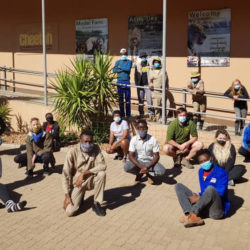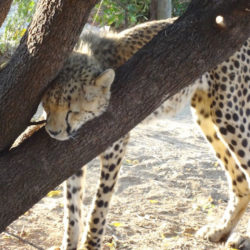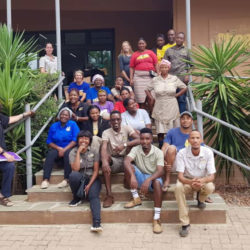There and Back Again – Annetjie’s Environmental Education Experience at CCF
-
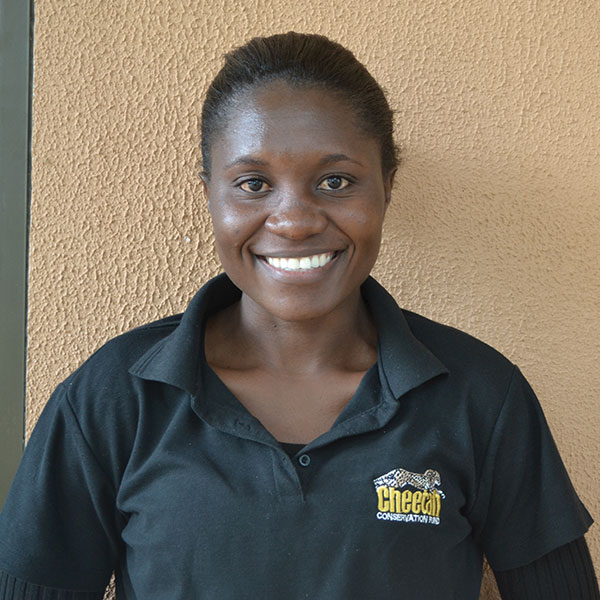
- by Annetjie Pöntinen April 3, 2020
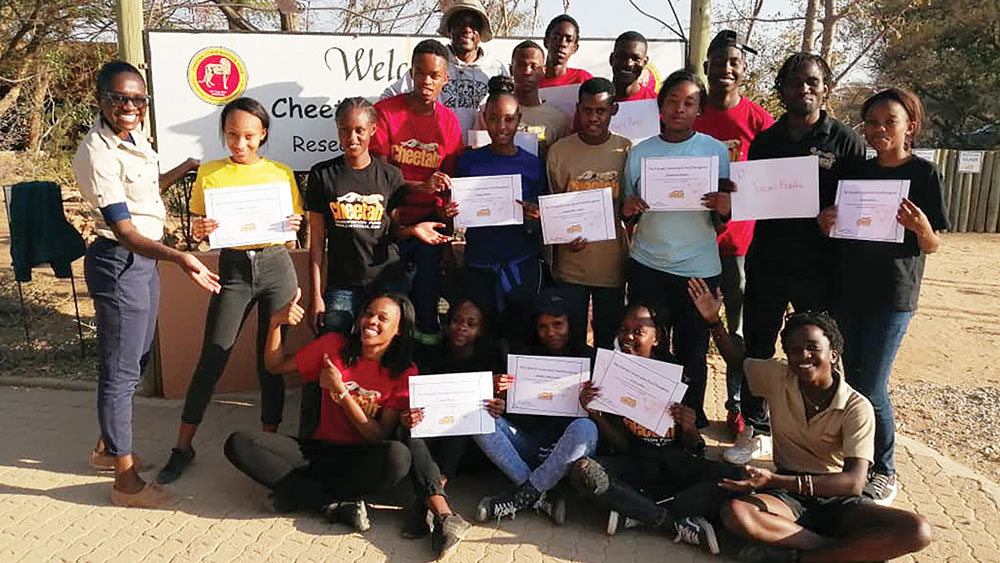
In 2020, the Cheetah Conservation Fund is celebrating 30 years of hard work and dedication! Did you know that CCF started with a single Land Rover and farmhouse that Dr. Marker used as CCF’s headquarters, a field clinic and her home? From this simple start, CCF has grown into an internationally recognized conservation organization. I have witnessed CCF’s growth first-hand. I grew up in nearby Otjiwarango, and participated in local environmental education programs with school and church groups. We visited CCF regularly. As CCF’s Research and Education Manager since 2018, I am excited to be part of CCF’s future.
Please help us expand our education programs by supporting CCF with a donation in 2020. Your commitment will help secure the next generation of children will have the opportunity to learn about cheetahs. While we cannot hold courses in-person at the moment, our team is working to find new ways to reach our students. It is really important that we maintain CCF’s links in the community, even if those links are happening over Namibia’s wireless network.
Normally, CCF’s environmental education courses take place in schools across Namibia as well as at our Research and Education Centre. Our Future Conservationists of Africa (FCA) program has reached over 650,000 school students in Namibia since its inception and 16,700 school students in 2019 alone. When I was a kid, I was one of CCF’s students.
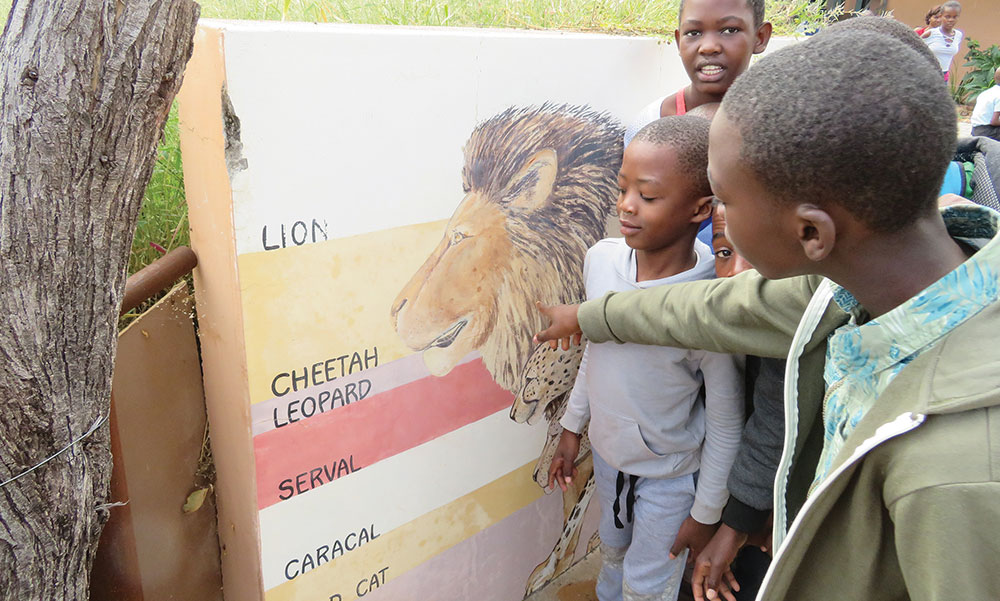
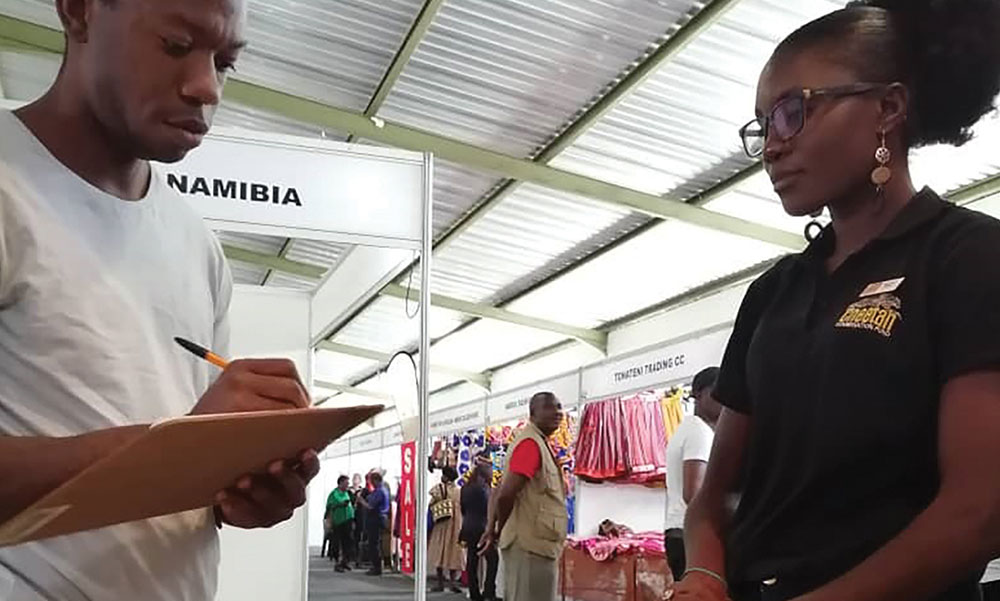
My education choices and professional trajectory were greatly influenced by my exposure to CCF’s programming at a young age. After completing high school, I pursued an undergraduate degree in Biology at the University of Namibia (UNAM). CCF works in partnership with UNAM to provide internship opportunities to students. My first teaching job after graduation was at a research station in the Namib Desert. I was teaching visitors about ecology and conservation, sharing my experiences and knowledge with students from all over Namibia. I enjoyed the work but knew I wanted to expand my knowledge. I decided to pursue a master’s degree in Applied Ecology in Norway, with the goal of bringing that knowledge back to Namibia upon completion of my degree.
Fresh out of graduate school I landed back in Otjiwarongo, teaching natural and social sciences for two years in the local high school. I learned there was an opportunity to work at CCF and I was thrilled to be offered the opportunity to be the Research and Education Manager at CCF by Dr. Marker.
The students I have seen during my time here, are part of communities all over Namibia. Though some rural students live alongside predators, wild cheetahs are so elusive that some have never seen one before they arrive at CCF’s Centre. The students are also introduced to our Livestock Guarding Dog Ambassadors and the goats living at our Model Farm. These animal encounters make a BIG impression. Many of the students participate in CCF’s education programs on a yearly basis giving us the opportunity to build on their knowledge with age-appropriate lessons over their lifetime.
At CCF, there are staff members in every department that started out as interns studying cheetah ecology, animal husbandry, genetics, livestock guard dog management, tourism/hospitality, and in the biomass center. When our centre is open, visiting students and teachers not only learn from our staff, they also meet many people working in the field doing many different research projects. Students who visit CCF are able to better understand their own future career opportunities.
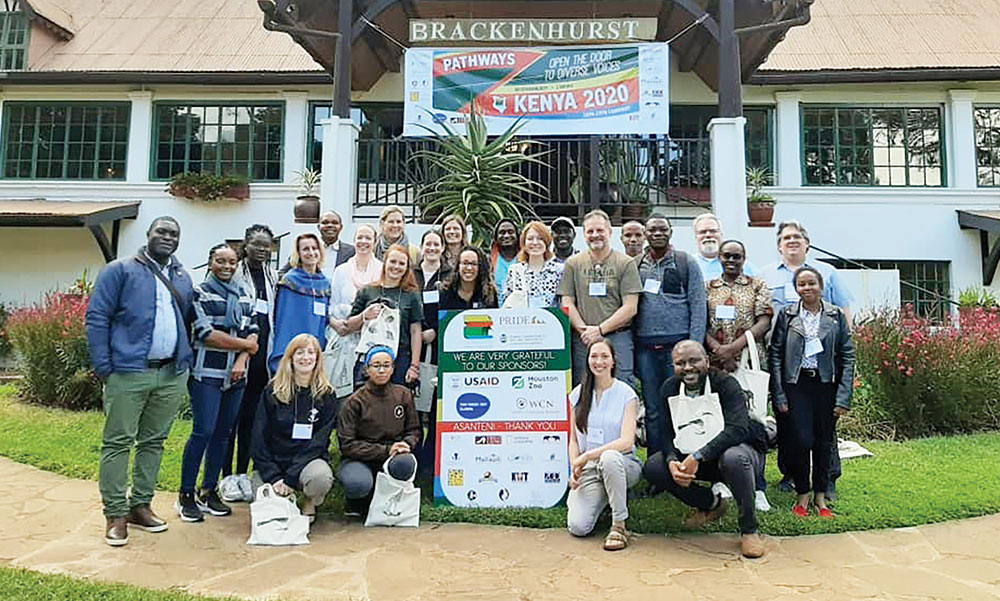
In February, I traveled to Limuru, Kenya to attend Pathways Africa 2020, the traveling conference that focuses on increasing the capacity for human-wildlife coexistence around the globe. In 2018, CCF brought the conference to Namibia for the first time and served as the conference host. The focus of Pathways continues to capacity build the next generation of conservationists like me, to address the growing challenges to protect our environment and biodiversity by working with people from all walks of life.
The theme for Pathways Africa 2020, was “Open the Door to Diverse Voices.” It was wonderful to be able to learn and share what CCF is doing with our conservation and education programs through the presentation I gave at the conference. In June, I will hopefully travel again, this time to the US to present CCF’s programs at the Zoos and Aquariums Committing to Conservation (ZACC) 2020 Conference in Salt Lake City, Utah. If we are able to attend, it will be a good opportunity to share CCF’s education programs with zoo representatives and learn about other field projects.
My enthusiasm for my job at CCF and my passion for helping young people learn about the environment continues to grow. I see a young version of myself in the eager faces of our students. One day the future of conservation will be in their hands, just as I know my generation is working hard to solve the issues we face today. Those who have attended education programs at CCF over the years are in a better position to withstand environmental pressures, including the pressures faced in a pandemic. We teach an enormous variety of topics that are directly applicable to developing and supporting the livelihoods of people across Namibia at all professional levels.
Please consider making a donation to CCF. Your support will allow people like me to pursue conservation and you will help ensure CCF’s education programs continue to be available to the young people of Namibia.
Related Reading
-
June 1, 2020
Two Trainings at CCF -
May 11, 2020
How Cheetahs Check Their Messages? -
March 18, 2020
For the First Time CCF Closes its Doors to Visitors

